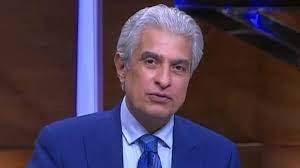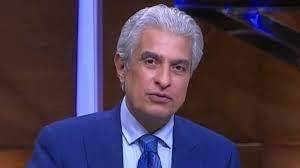Egyptian media outlets published the text of the decision No. 32 of 2016 by the former governor of Monufia, Dr. Hisham Abdel-Baset, regarding the closure of the center owned by Dr. Sherif Ibrahim Abdel-Maqsoud Abbas, known in the media as Sherif Abbas, who is accused of causing the death of journalist Wael El-Ibrachy.
The reasons for closing the center, according to the former governor's decision, included the presence of an unlicensed laboratory and a large quantity of unlicensed drugs that were being used without approval from the Ministry of Health. These drugs were smuggled and of unknown origin, and there were no invoices or documents proving their source, thus indicating they were being used for trade purposes, according to Cairo 24.
The closure order stated that the clinic contained an unlicensed laboratory and unapproved drugs, violating Law No. 153 of 2004 regarding the regulation of work within private medical establishments.
It is noted that the investigation committee of the Doctors' Syndicate concluded last Tuesday the investigation with the treating doctor of the late journalist Wael El-Ibrachy, Sherif Abbas, at the headquarters of the General Syndicate of Doctors; listening to his statements regarding the accusations directed at him by the family of the late journalist Wael El-Ibrachy concerning a medical error during his treatment.
The Public Prosecutor, Counselor Hamada El-Sawy, ordered last Saturday to initiate investigation procedures regarding the circumstances of El-Ibrachy's death, which deteriorated after he contracted the COVID-19 virus. The journalist's widow accused the doctor in a complaint submitted to the public prosecution of causing his death, stating that the doctor prescribed unapproved pills, claiming they were effective in treating COVID-19, and convinced him to take them while treating him at home. She also noted that he smoked excessively in the deceased's bedroom during his stay, which had adverse effects.
It is noteworthy that Abbas had acknowledged giving the late journalist a medication called Sovaldi, used for treating hepatitis C patients, despite this medication not being included in the treatment protocol established by the Ministry of Health for the prevention of COVID-19.




